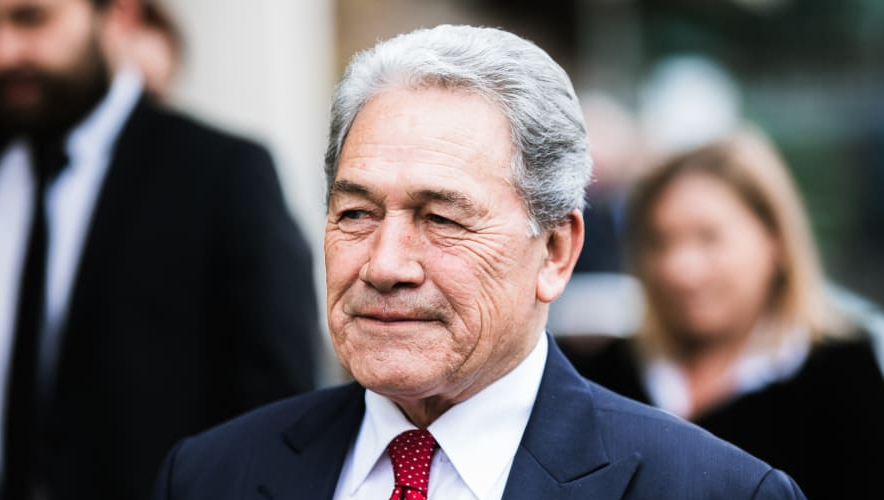Go Where You Are Treated Best
‘Go where you are treated best’ is the tagline of entrepreneur, Andrew Henderson, founder of the business Nomad Capitalist. Andrew and his team help entrepreneurs, retirees and others move their lives out of countries like Australia to countries where they will be treated best. It is a business that has being growing exponentially in recent years.
When I first heard Andrew speak those six words during the earliest days of the Covid sham, it hit me like a power-slap from Mike Tyson. What the hell was I still doing in Australia? For years I thought I had been fighting to build small businesses. But I had not; I could do business just fine. I had a bunch of great products and services in an interesting niche. I liked my customers, and my customers liked me. The fight was against the suffocating cancer of Australian government bureaucracy, and I was exhausted by it. The reality was Australia no longer treated me well, let alone best.
The history of the human race is a story of people escaping horrible governments.
“We crush many a dream around [here]” was proudly proclaimed to me by an officer of Melbourne’s Stonnington Council when I applied for a permit to open a simple, small business. He also bragged how new laws rendered thousands of commercial properties “completely unlettable”. Sadly, the only thing shocking about his statements was his candor. His malicious and malignant attitude towards honest citizens, small business operators and the future success of the country was what I had come to expect from Australian bureaucrats.
Being an unwilling participant in an abusive relationship with local government was only part of the problem. The bigger problem was the direction of the country as a whole.
The absolutely disgusting and immoral human rights abuses orchestrated by the Victorian Government, media and law enforcement during the Covid sham was not an aberration. Nor was the Victorian public’s willing complicity. It was unequivocal proof of the direction society had been headed.
So what is a patriotic Australian supposed to do? Vote? For whom? Protest? And get shot with rubber bullets or sprayed with mace for not supporting the Government-approved message? Exercise your free-speech online? And get arrested in your home, in front of your kids, even if you are pregnant? Or have your government-permission to practice your profession cancelled? Or have your bank accounts frozen?
Australia does not have a bill of rights. You have no legislated right to free speech or right to protest. The Government could not care less about having signed the international treaty for human rights. Their Covid shenanigans proved that unequivocally.
When democracy has been hijacked, like it has been in much of the so-called “free world”, your most powerful option is to vote with your feet and go where you are treated best. If enough people leave, the people and government left behind will be forced to change, to stem further losses and attract good people back. If they do not change, the country will fail as their beliefs and policies were destined to anyway.
The fight was against the suffocating cancer of Australian government bureaucracy, and I was exhausted by it.
Unfortunately, for most people leaving is not an option. The nature of most people’s vocations, businesses, finances and/or families makes leaving all but impossible. There will always be people who have no option but to stay and fight against bad governments. But that does not mean staying and fighting is noble; in most cases throughout history, staying to fight your own government has been a terrible option.
For the few people who can move their lives and business elsewhere in the world, they owe it to themselves and their country to go where they are treated best. It is not weak or cowardly, as many jealous people will say. Nothing is harder than leaving family and a lifetime of friends, to face the uncertainty of restarting life in a new country. But it can be the most patriotic thing you can do; not to mention cathartic, enlightening and positively life changing.
A country is not its government. Being so disgusted and disillusioned with a government that you move says nothing about your feelings toward the country or its people. The history of the human race is a story of people escaping horrible governments.
Australians are lucky to be welcomed all over the world. Wherever you go, you will always be Australian (or whatever nationality you are). If you go where you really are treated best, you will almost certainly be more financially, emotionally and spiritually successful than you could have been under the current government in Australia.
Nomad Capitalist has a website. I recommend taking a look at it.










